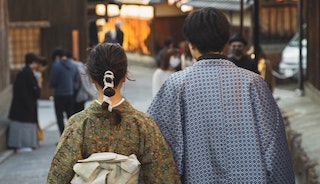Oct 17 (Top 10s) - Twenty-five years ago, Japan faced a dangerous problem on Amami Oshima Island: an invasion of highly venomous Habu snakes. The island was overrun, with hundreds of people being bitten each month.
While an antidote for the snake's venom existed, it was difficult to access in rural areas, leading to numerous deaths and forcing many to abandon the island.
In a drastic attempt to control the snake population, scientists introduced mongooses, natural snake predators, to the island. These animals, known for their immunity to snake venom, were expected to eliminate the Habu snakes. However, the plan failed when the nocturnal habits of the Habu snakes and the daytime activity of the mongooses meant the two rarely encountered each other. Instead of hunting the snakes, the mongooses preyed on easier targets, such as rabbits and mice, while leaving the snake problem unsolved.
The introduction of the mongooses caused unintended damage to the island’s ecosystem. The rapidly growing mongoose population threatened endangered species, including the Amami rabbit, pushing some to the brink of extinction. Efforts to capture and reduce the mongoose population have led to the removal of over 35,000 mongooses from the island.
Although the mongoose plan was a failure, snake bites on Amami Oshima have decreased significantly due to human intervention. Local residents took matters into their own hands by setting up traps and increasing the availability of antidotes, reducing fatalities from snake bites. Today, the island remains home to both snakes and mongooses, but the situation is much more controlled thanks to human efforts rather than the imported predators.















